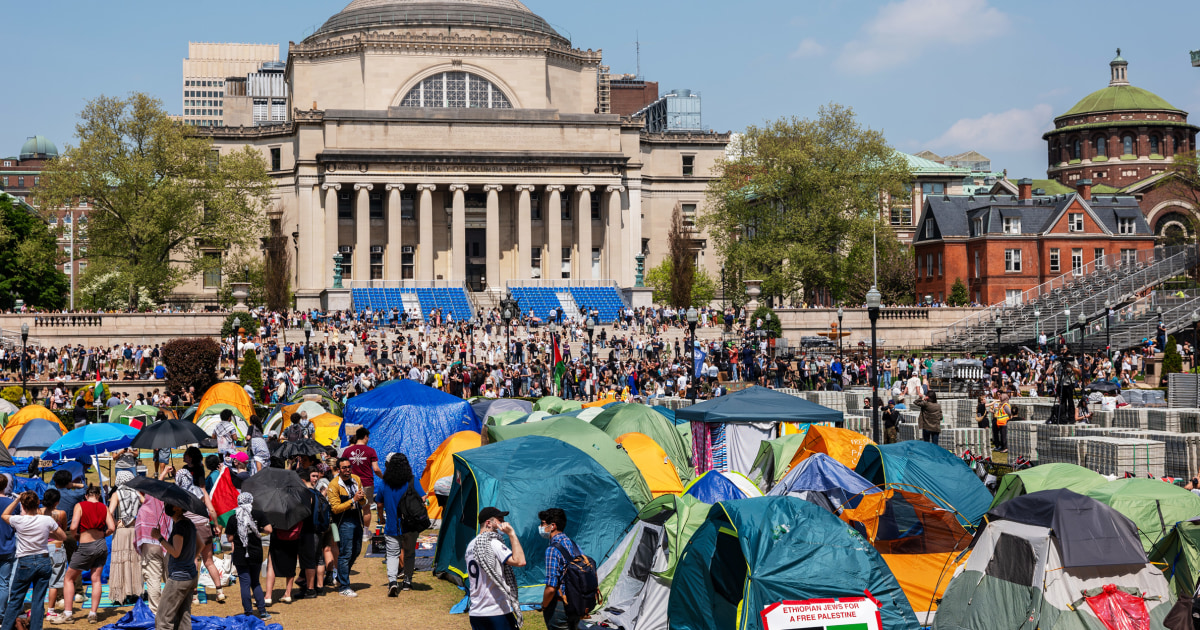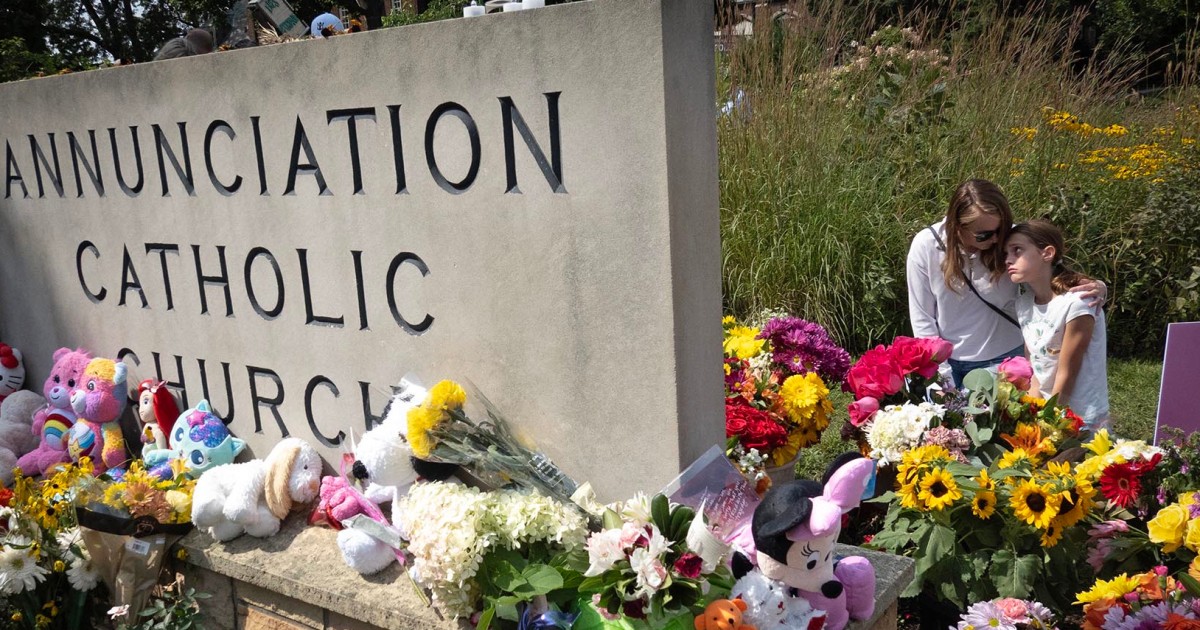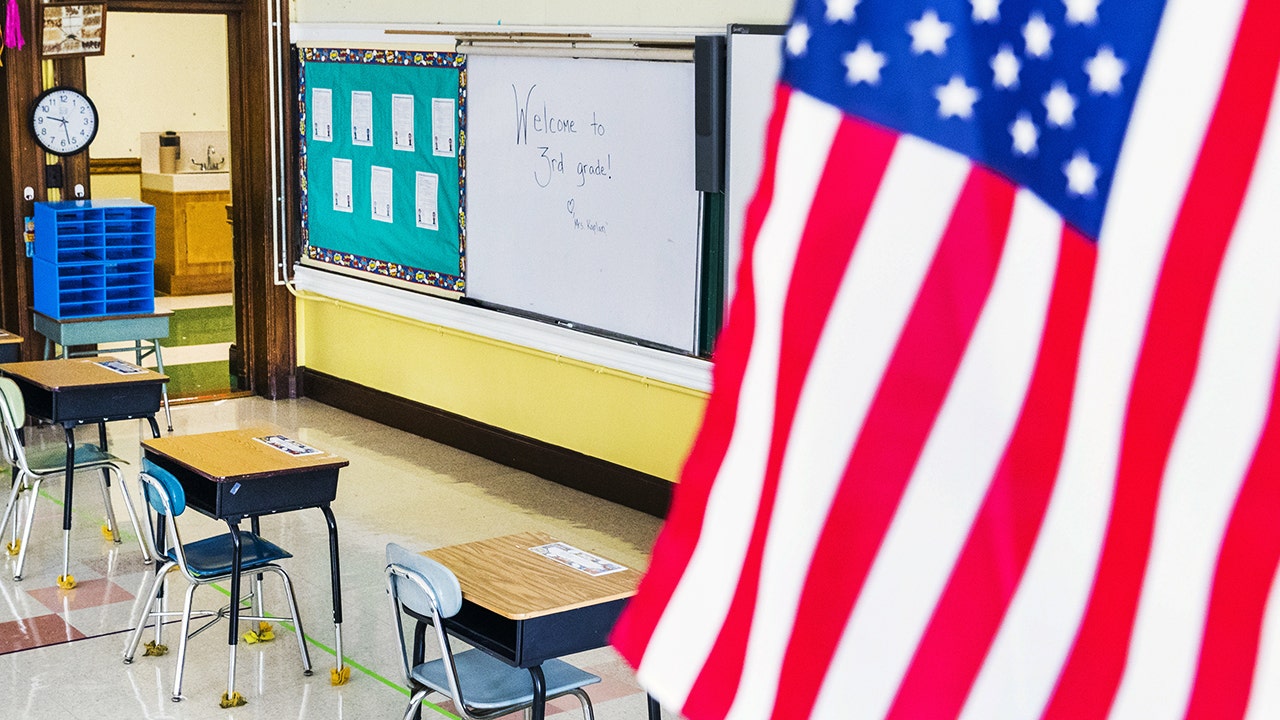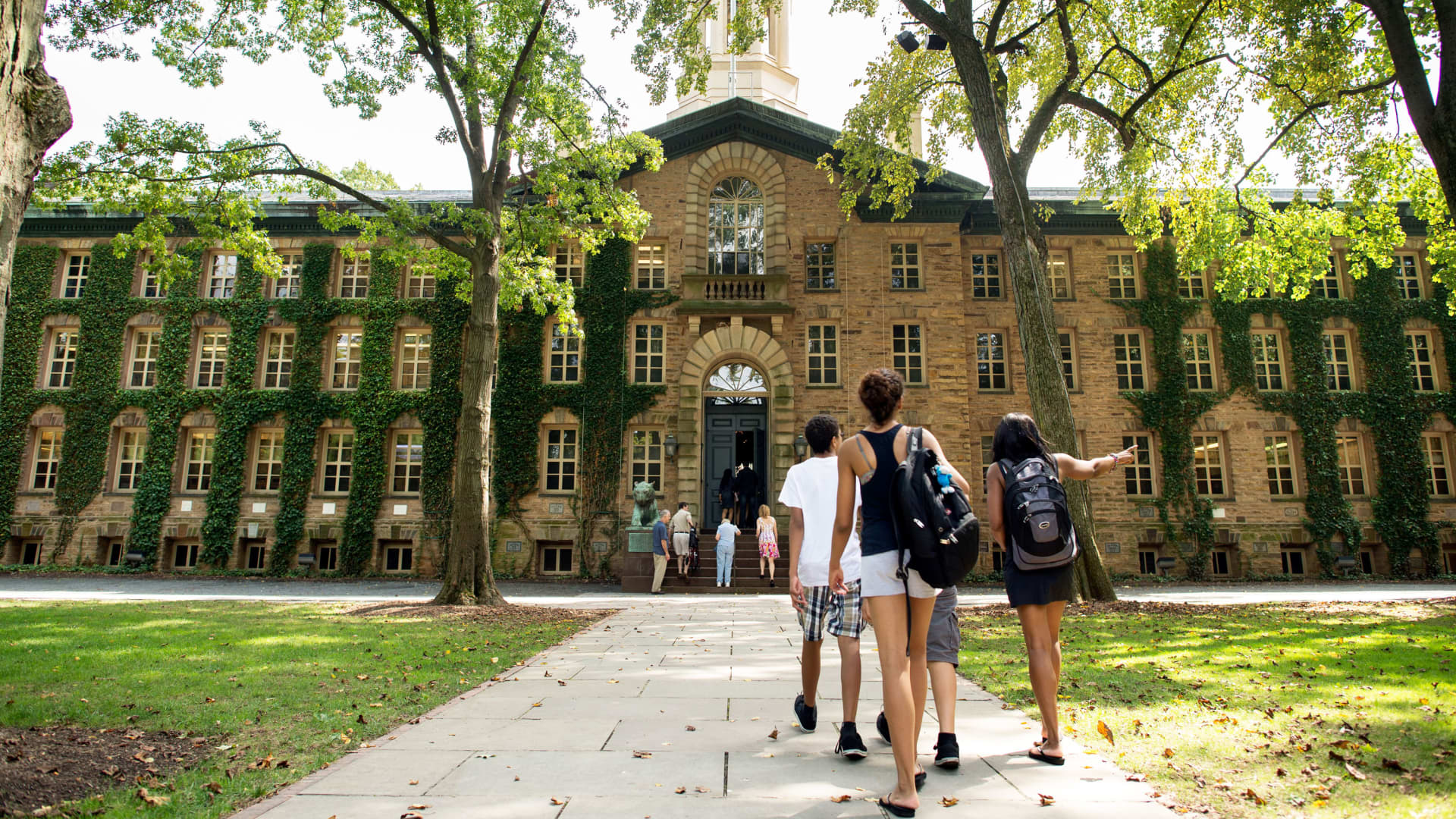Columbia University Faces Tensions Amid Trump’s Campus Policy Shift
As the landscape of higher education grapples with the ramifications of President Trump’s policies, Columbia University stands at a pivotal juncture. The institution, known for its diverse student body and commitment to free expression, is now embroiled in a contentious debate that challenges the very foundation of its academic environment. With a crackdown on certain forms of student activism and free speech, the implications of these policy shifts are profound, raising concerns among students and faculty alike.
The Context of Trump’s Campus Policy Shift
In recent years, President Trump’s administration has introduced a series of policies aimed at reshaping the dynamics of higher education across the United States. These policies often emphasize the need for “free speech” on campus while simultaneously imposing restrictions that many view as counterproductive to the principles of open discourse. The administration’s focus on addressing perceived liberal bias in academia has led to a polarized environment, where institutions like Columbia University are left to navigate the complexities of maintaining academic freedom while adhering to new federal guidelines.
Impacts on Free Expression at Columbia
Columbia University has long prided itself on being a bastion of free thought and expression. However, the recent shifts in federal policy have raised alarms among students and faculty who fear that their ability to express dissenting opinions is under threat. The administration’s focus on monitoring campus speech and cracking down on what it deems “politically correct” or “anti-American” expressions has created an atmosphere of tension.
- Fear of Repercussions: Many students report feeling hesitant to engage in political discourse or activism for fear of backlash, not just from their peers but from university administration and external entities.
- Chilling Effect on Activism: The crackdown has led to a chilling effect, where students are less likely to organize protests or advocate for social justice causes, fearing that such actions may lead to disciplinary measures.
These concerns are not merely anecdotal; they are echoed in the experiences of various student organizations on campus. Groups dedicated to advocating for marginalized communities have expressed frustration over the perceived silencing of their voices in the wake of these policy changes.
Faculty Responses and Academic Freedom
The faculty at Columbia University plays a crucial role in shaping the academic discourse that defines the institution. Many professors have voiced their concerns regarding the implications of Trump’s policies on academic freedom. They argue that the ability to teach controversial subjects and engage students in critical thinking is essential for a thriving academic environment.
- Commitment to Open Discourse: Faculty members emphasize the importance of maintaining an open dialogue in the classroom, where students can explore differing viewpoints without fear of censure.
- Protecting Academic Integrity: The tension created by the administration’s policies has led some faculty to advocate for protective measures that ensure academic integrity and the free exchange of ideas.
In response to these challenges, various departments and faculty coalitions have begun to organize meetings and forums to discuss strategies for safeguarding academic freedom and fostering an environment where all voices can be heard. These initiatives reflect a commitment to preserving the core values of Columbia University, even amidst external pressures.
The Role of Student Activism
At the heart of Columbia’s identity is a vibrant student activist culture that has historically pushed for social change. The current tensions brought about by Trump’s campus policy shift have sparked a renewed wave of activism among students who feel an urgent need to defend their rights to free expression and protest.
- Mobilization of Student Groups: Students have rallied to form coalitions that advocate for transparency in university policies and protection of free speech rights.
- Creative Forms of Protest: Innovative methods of protest, including art installations, social media campaigns, and peaceful demonstrations, have emerged as students seek to navigate the restrictions imposed by the administration.
This resurgence of activism not only serves as a response to the current political climate but also reinforces the notion that student voices matter. Columbia students are determined to ensure that their university remains a space where diverse ideas can flourish, and they are willing to fight for that principle.
Looking Ahead: A Path Toward Reconciliation
As Columbia University faces these tensions, the path forward will require a concerted effort from all members of the academic community. Engaging in open dialogue between students, faculty, and administration is essential for finding common ground. Here are some potential strategies for moving forward:
- Facilitating Open Forums: Creating opportunities for discussions about free speech and activism on campus can help bridge the gap between differing viewpoints.
- Policy Review and Revision: The university can consider revising its policies on free expression to better align with its mission as an academic institution committed to diversity and inclusion.
- Encouraging Collaboration: Encouraging collaborative projects between student organizations and faculty can foster understanding and promote a culture of respect for diverse opinions.
By taking proactive steps to address these tensions, Columbia University has the potential to emerge stronger and more united in its commitment to academic freedom and expression. The university community must come together to ensure that the values of free speech and activism remain at the forefront of its mission.
Conclusion
Columbia University stands at a crossroads as it navigates the complexities introduced by Trump’s campus policy shift. While tensions are palpable, there is also an opportunity for growth and renewal within the academic community. By fostering open dialogue, protecting academic freedom, and encouraging student activism, Columbia can continue to be a leader in promoting free expression and social change. The resilience of its students and faculty will ultimately determine the future of free speech on campus, ensuring that Columbia remains a vibrant and inclusive space for all.
See more TED Talks World



